How a Hug Can Improve Senior Health

Something as simple as a hug can actually improve senior health!
Everyone remembers the stress of social distancing at the height of the pandemic. One of the most fundamental components of being a human – physical touch – was put aside in order to protect us all from harm.
We learned quickly though, how much harm a lack of physical contact can cause. It is particularly important for older adults who have experienced loneliness or isolation to feel connected to those they love, and there’s an effective but highly beneficial solution: hugs.
Research has revealed the following incredible effects to help improve senior health that can be obtained by giving and receiving hugs:
- Fewer negative emotions, such as anger and loneliness
- A strengthened immune system
- Lower blood pressure and a regulated heart rate
- Regulation of the production of white blood cells
- Improved circulation in the body
- Decreased pain
- Reduced stress
- A boost in positive emotions, like contentment, security, and happiness
- Improved sleep and glucose metabolism
One senior care facility in New York tested the effect of hugs on older adults with a program called “Embraceable You.” 200 participants were involved in this voluntary program, and they rated their current degree of satisfaction with their wellbeing and overall health. In addition, they noted the amount of casual touch experienced in their lives. Trained “hug ambassadors” were brought in to administer appropriate forms of touch, while residents were given buttons to wear if they were interested in participating in the hug experiment.
Throughout the study, residents were given a token for each hug they received. In a short time, residents were seeking out huggers, and by the end of the first week, they had accumulated nearly 1,400 hugs.
At the conclusion of the study, the participants were surveyed and sectioned off into two categories: low contact (one or two instances of physical contact each day) and high contact (more than three instances a day). The high contact participants overwhelmingly noted higher amounts of satisfaction in the following areas:
- Interest in doing things (88%)
- Not feeling depressed or hopeless (97%)
- Sleeping well (71%)
- Feeling energetic (66%)
- Able to concentrate well (93%)
It just goes to show what an unbelievable difference such a seemingly insignificant display of affection can make to improve senior health.
Contact Responsive Home Care, the top home care company in Ft. Lauderdale, FL and the nearby areas, online or at (954) 486-6440 to learn more ways to improve senior health, and just how our in-home care can make a difference in the life of someone you love.

 Everyone goes through good days and bad days, and everyone is entitled to negative thinking or irritability every now and then. If you are caring for an older adult who appears to have fallen into a routine of continual negativity and complaining, there could be a reason for it. It’s worthwhile to explore whether or not a health issue may be the culprit for negative mood changes in a senior.
Everyone goes through good days and bad days, and everyone is entitled to negative thinking or irritability every now and then. If you are caring for an older adult who appears to have fallen into a routine of continual negativity and complaining, there could be a reason for it. It’s worthwhile to explore whether or not a health issue may be the culprit for negative mood changes in a senior.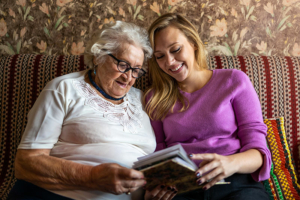

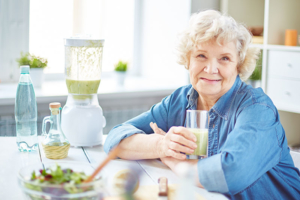
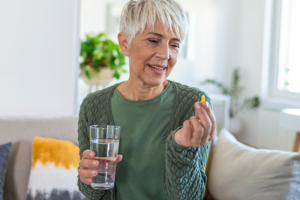


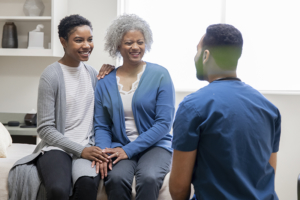
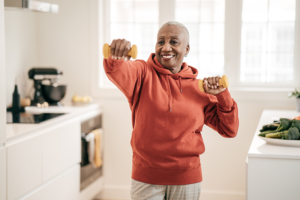
 It began with those in your inner circle, and it has gradually been spreading outward to friends and acquaintances. Discussing a COPD diagnosis and knowing how to reply to the various questions that arise about it could be uncomfortable – for you personally, and for those you are speaking with as well.
It began with those in your inner circle, and it has gradually been spreading outward to friends and acquaintances. Discussing a COPD diagnosis and knowing how to reply to the various questions that arise about it could be uncomfortable – for you personally, and for those you are speaking with as well. What motivates you to get up out of bed every morning? The answer is different for every single one of us, of course, but there is one commonality: it could allow you to live longer. Scientific studies are answering the question, “Does having a sense of purpose help us to live longer?” with a resounding “Yes!” as evidenced in Japan, the country with the highest life expectancy on earth.
What motivates you to get up out of bed every morning? The answer is different for every single one of us, of course, but there is one commonality: it could allow you to live longer. Scientific studies are answering the question, “Does having a sense of purpose help us to live longer?” with a resounding “Yes!” as evidenced in Japan, the country with the highest life expectancy on earth.